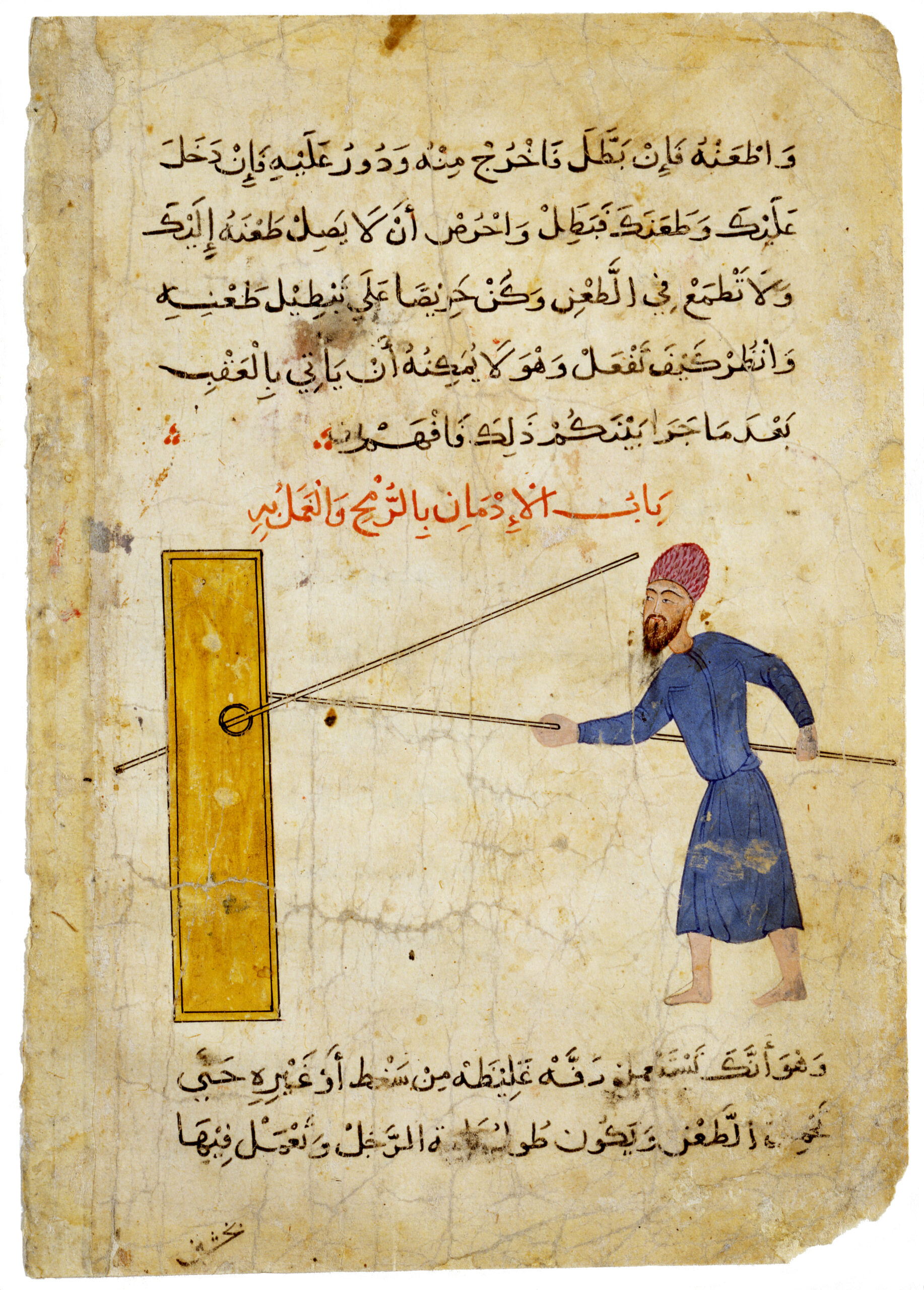IV. Islamic Development and Culture:

Islamic development and culture have a rich and various history traversing more than 1,400 years. It has contributed essentially to the fields of craftsmanship, writing, science, reasoning, and design, among others. The Islamic human advancement arose in the seventh 100 years with the approach of Islam in Arabia and spread quickly all through the Center East, North Africa, and Asia.
One of the critical highlights of Islamic human advancement is the accentuation on information and training. Islamic researchers made huge commitments to fields like arithmetic, stargazing, medication, and reasoning, among others. The Place of Shrewdness, laid out in Baghdad in the ninth 100 years, was a prestigious focus of discovering that pulled in researchers from various regions of the planet.
Islamic culture is different and multi-layered, formed by different factors like geology, history, language, and customs. One of the basic beliefs of Islamic culture is the idea of local area and social obligation. The standard of zakat, or giving contributions, is a vital piece of Islamic culture, and Muslims are supposed to give a part of their abundance to poor people and destitute.
Islamic craftsmanship and engineering are known for their unpredictable plans, mathematical examples, and calligraphy. The utilization of these components in mosques and other Islamic structures mirrors the accentuation on the magnificence and congruity of creation. Islamic writing, including verse and composition, is additionally striking for its rich symbolism and imagery.
By and large, the Islamic civilization and culture essentially affect the world, molding numerous parts of mankind’s set of experiences and advancement.
• Implications and the Imperative Components
Islamic civilization alludes to the social, social, monetary, and political frameworks that created affected by Islamic lessons and values. It arose in the seventh 100 years in the Bedouin Promontory and extended all through the Center East, Africa, Asia, and Europe. Islamic progress is described by a rich and various culture that mirrors the commitments of Muslims from various identities, dialects, and districts.
The fundamental components of Islamic human progress include:
1. Religion: Islam is the focal component of Islamic human progress. The Quran is the essential wellspring of direction and the Prophet Muhammad (PBUH) is the model for Muslims to continue in their own and public activities.
2. Science and Innovation: Islamic development made critical commitments to the areas of science, arithmetic, stargazing, medication, and design. Muslim researchers and researchers made pivotal disclosures and progressions that keep on affecting present day science.
3. Arts and Writing: Islamic civilization created a rich custom of expressions and writing, including calligraphy, verse, music, and engineering. Islamic workmanship is portrayed by its complex mathematical plans, perplexing examples, and the utilization of Arabic calligraphy.
4. Trade and Business: Islamic civilization laid out broad exchange networks that associated the East and the West, adding to the improvement of a worldwide economy. Muslim shippers and brokers assumed a huge part in the development and thriving of Islamic progress.
5. Political and Social Designs: Islamic human progress fostered a one of a kind political and social framework in view of the standards of equity, balance, and responsibility. Islamic regulation (Sharia) gave the structure to administration and the assurance of individual privileges.
6. Education: Islamic development put a high worth on schooling, and laid out foundations of discovering that gave training in different fields of information, including philosophy, reasoning, science, and writing.
7. Family and Local area: Islamic development underlined the significance of family and local area, and advanced social attachment and collaboration. The idea of fraternity (Ummah) and the commitment to help the penniless are key to Islamic lessons.
In general, Islamic civilization addresses a rich and different social heritage that has contributed fundamentally to the improvement of human civilization.
• Job of Progress Being developed of Human Character and Local area
Development can be characterized as the high level condition of society that shows critical advancement in the space of culture, science, innovation, expressions, and administration. It mirrors the manner in which individuals live, think, act and connect with one another inside a general public. In Islamic setting, development has a more profound significance as it depends on the Quran and Sunnah (lessons and practices of Prophet Muhammad PBUH) that give direction to human way of behaving, ethical quality, and values.
Islamic civilization depends on the standards of civil rights, fairness, regard for human respect, and quest for information. It has a rich history that incorporates the Brilliant Period of Islam (eighth to thirteenth hundreds of years) when Muslims made huge commitments to different fields like math, cosmology, medication, reasoning, and writing.
Islamic culture, then again, envelops the accepted practices, values, convictions, customs, and customs of Muslims all over the planet. It is affected by different factors like topography, history, language, and nationality. Islamic culture is described by serious areas of strength for an on family values, friendliness, humility, and regard for older folks.
Civilization assumes an essential part in the improvement of human character and local area. It shapes the manner in which individuals think, feel, and act towards one another. Islamic civilization and culture give a system to advancing moral way of behaving, social congruity, and the quest for